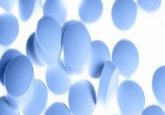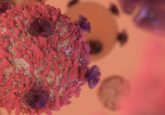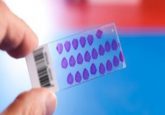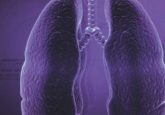Autologous natural killer cells for the treatment of ALL
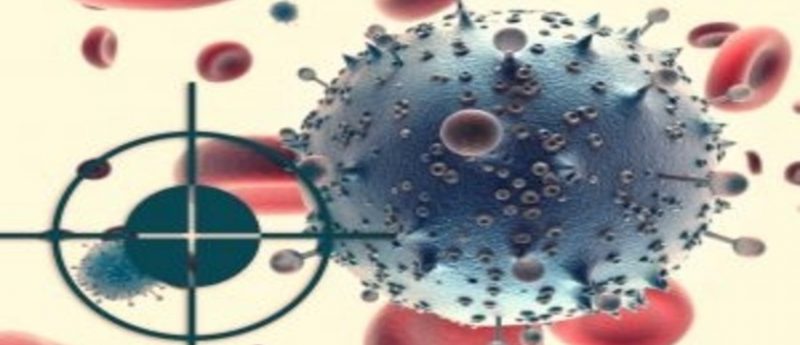
Acute lymphoblastic leukemia (ALL) is a common childhood cancer that is characterized by excess proliferation of white blood cells (lymphoblasts) and inhibition of other immune system cells such as red blood cells and platelets.
Children who receive treatment for ALL are exposed to chemotherapy for approximately 2–3 years, carrying with it significant side effects such as changes in normal development and future fertility. As such, researchers have been investigating ways in which to avoid these adverse effects by using NK cells.
NK cells, or natural killer cells, are white blood cells that destroy abnormal cells before they become cancerous. Typically, cells are donated; however, using these cells can pose difficulties such as rejection and graft-versus-host disease. In this regard, researchers at Children’s Hospital Los Angeles (CA, USA) hypothesized whether they could use a patient’s own NK cells. Using these autologous cells would potentially eliminate any side effects associated with donor cells.
“In this study, we used NK cells and ALL cells from the same pediatric patients. We found that autologous natural killer cells will destroy the patient’s leukemia cells,” explained Nora Heisterkamp, one of the co-lead investigators. Moreover, monoclonal antibodies were also used to specifically target receptors on cancerous cells to aid the NK cells in identifying these cancerous cells.
“These results are very promising – with potential as a part of first-line therapy and also as a treatment for eliminating any remaining cancer cells, known as minimal residual disease, following standard chemotherapy,” said Hisham Abdel-Azim, co-lead investigator on the study. “We anticipate additional preclinical testing and then, a clinical trial to evaluate the therapy in children with leukemia.”
Sources: Fei F, Lim M, George AA et al. Cytotoxicity of CD56-positive lymphocytes against autologous B-cell precursor acute lymphoblastic leukemia cells. Leukemia doi:10.1038/leu.2014.246 (2014) (Epub ahead of print); Children’s Hospital Los Angeles press release
